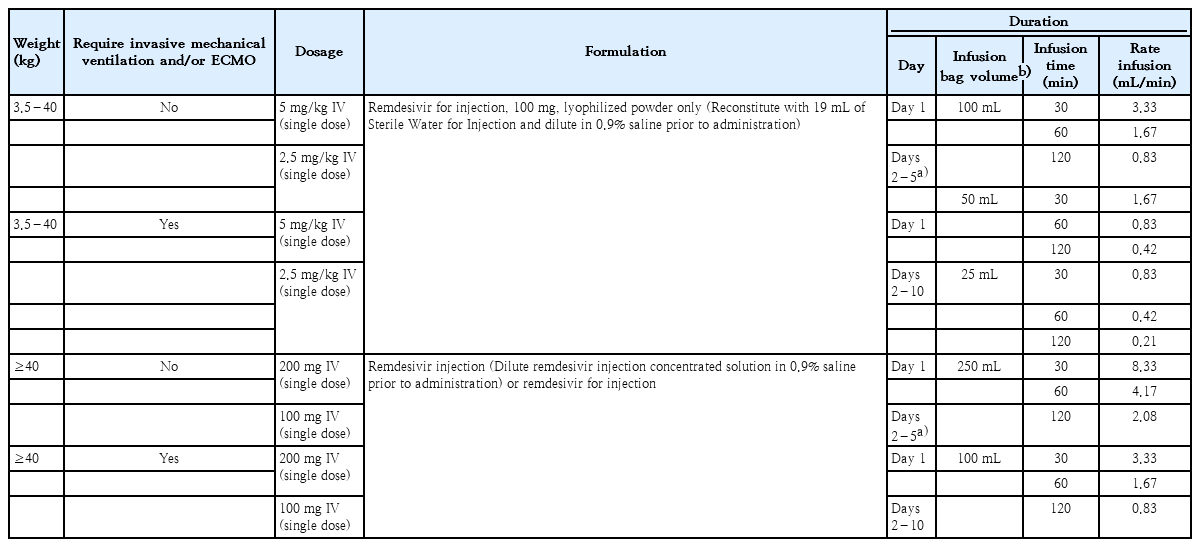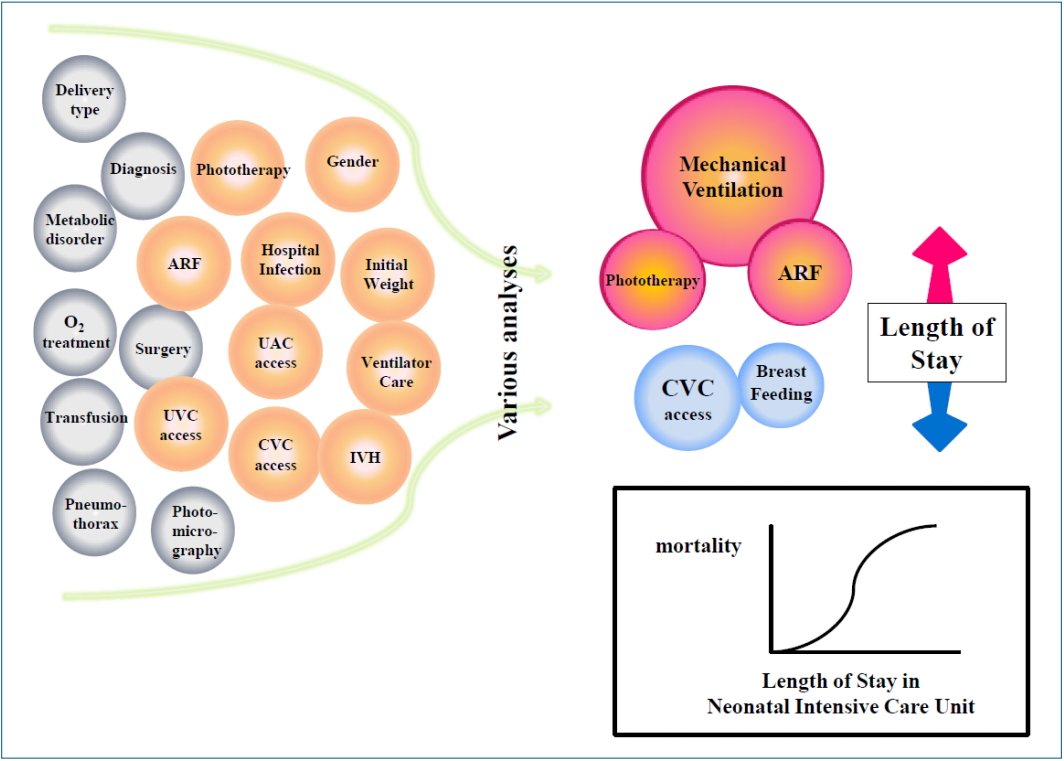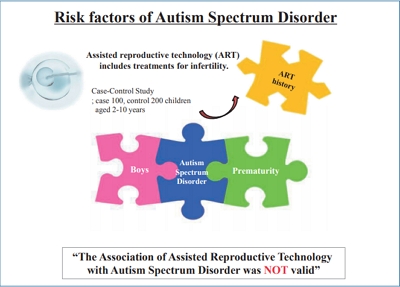- Perspective
- Infection
- Can we get a clue for the etiology of Kawasaki disease in the COVID-19 pandemic?
- Jong-Woon Choi
- Clin Exp Pediatr. 2020;63(9):335-336. Published online July 13, 2020
-
A new coronavirus disease 2019 (COVID-19) has been spreading globally since December 2019. Children with a Kawasaki disease (KD)-like illness related with COVID-19 have been reported in Europe and the United States. They presented with symptoms of KD with or without cardiac abnormalities or shock, showing manifestations of hyperactive proinflammatory cytokine reactions like KD. Such cases may provide the opportunity for us to learn more about the etiology and pathogenesis of KD.
- Review Articles
- Gastroenterology
- Increasing incidence of inflammatory bowel disease in children and adolescents: significance of environmental factors
- Sowon Park, Yunkoo Kang, Hong Koh, Seung Kim
- Clin Exp Pediatr. 2020;63(9):337-344. Published online December 6, 2019
-

Inflammatory bowel disease (IBD) is a chronic relapsing immune-mediated disease of the intestinal tract. Although its prevalence is reportedly lower in Asia than in Western countries, the rapid increase in the incidence of IBD has drawn attention to its etiology, including genetic susceptibility and environmental factors. Specifically, recent studies concerning dietary treatments and intestinal microbiota suggest that these factors may...
- Pulmonology
- Overview of management of children with COVID-19
- Dyah Kanya Wati, Arya Krisna Manggala
- Clin Exp Pediatr. 2020;63(9):345-354. Published online July 17, 2020
-

The specific treatments for COVID-19 in children remain inconclusive and debatable despite effectively decreasing its signs and symptoms.
The need for clinical trials and reports should be investigated.
- Editorials
- Gastroenterology
- Dietary role in the development and treatment of inflammatory bowel disease
- Jae Young Kim
- Clin Exp Pediatr. 2020;63(9):355-356. Published online July 13, 2020
-

Although the precise pathogenesis of inflammatory bowel disease (IBD) is unclear, dietary factors seem to play a significant role. Dietary modifications including enteral nutrition and the Crohn disease exclusion, specific carbohydrate, and anti-inflammatory diets show a potential ability to downregulate gut inflammation. These nutritional interventions have various degree of efficacies with limited side effects profile for treating pediatric IBD, but data from randomized prospective studies are lacking, and further studies are warranted.
- Neonatology (Perinatology)
- Survival model application for analysis of neonatal length of stay
- Eun Joo Lee
- Clin Exp Pediatr. 2020;63(9):357-358. Published online May 14, 2020
-

- Infection
- What are considerations for neonates at risk for COVID-19?
- Soo-Han Choi
- Clin Exp Pediatr. 2020;63(9):359-360. Published online July 17, 2020
-

- Original Articles
- Other
- Evaluation of goodness of fit of semiparametric and parametric models in analysis of factors associated with length of stay in neonatal intensive care unit
- Fatemeh Kheiry, Sadegh Kargarian-Marvasti, Sima Afrashteh, Abolfazl Mohammadbeigi, Nima Daneshi, Salma Naderi, Seyed Hossein Saadat
- Clin Exp Pediatr. 2020;63(9):361-367. Published online June 10, 2020
-

Question: Hospitalization in neonatal intensive care unit (NICU) is associated with life-threatening hazards. What factors associated with neonatal length of stay (LOS) in the NICU?
Finding: Breastfeeding, phototherapy, acute renal failure (ARF), mechanical ventilation, and central venous catheter (CVC) access were identified as factors associated with NICU length of stay.
Meaning: Protective effects of breastfeeding and CVC access, whereas increase effects of phototherapy, ARF, and mechanical ventilation in LOS can be supporting evidence to establish effective interventions to reduce length of NICU stay.
- Neurobehavior
- Association between assisted reproductive technology and autism spectrum disorders in Iran: a case-control study
- Ensiyeh Jenabi, Mahdieh Seyedi, Ronak Hamzehei, Saeid Bashirian, Mohammad Rezaei, Katayoon Razjouyan, Salman Khazaei
- Clin Exp Pediatr. 2020;63(9):368-372. Published online March 27, 2020
-

Background: Autism spectrum disorder (ASD) is a neurodevelopmental disorder defined by impairments in social interaction and verbal and nonverbal communication.
Purpose: Determine the association between use of assisted reproduction technology (ART) and the risk of ASD among children. Methods: This case-control study included 300 participants (100 cases, 200 controls). The control group included women with a child aged 2–10 years without ASD,...
- Clinical Note
- Neonatology (Perinatology)
- Management of the first newborn delivered by a mother with COVID-19 in South Korea
- Eun-Kyung Lee, Won Duck Kim, Dong won Lee, Sang-Ah Lee
- Clin Exp Pediatr. 2020;63(9):373-375. Published online July 13, 2020
-
Question: How to manage the newborn born to the coronavirus disease 2019 (COVID-19) pregnant?
Finding: Medical staff managed the delivery and neonatal care of a COVID-19 pregnant patient was based on the “Guidelines for COVID-19 response.”
Meaning: We desire that our management will help treat for subsequent patients and there should be updated continuously the prevention and control consensus strategies for newborn COVID-19.












